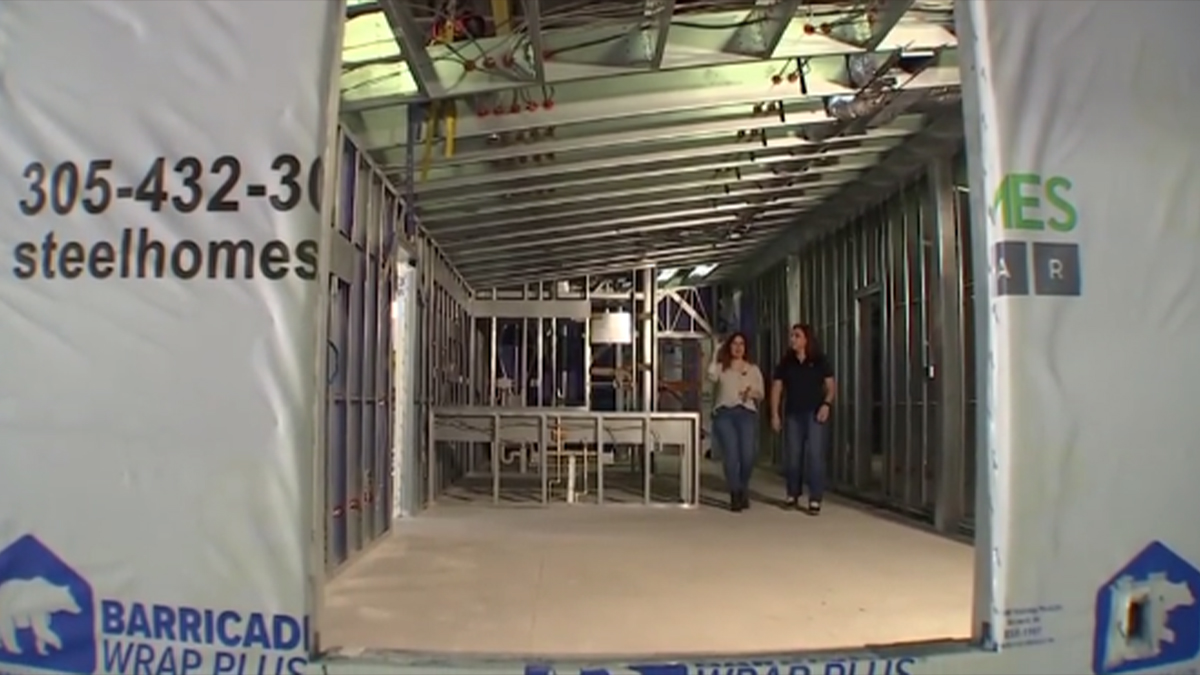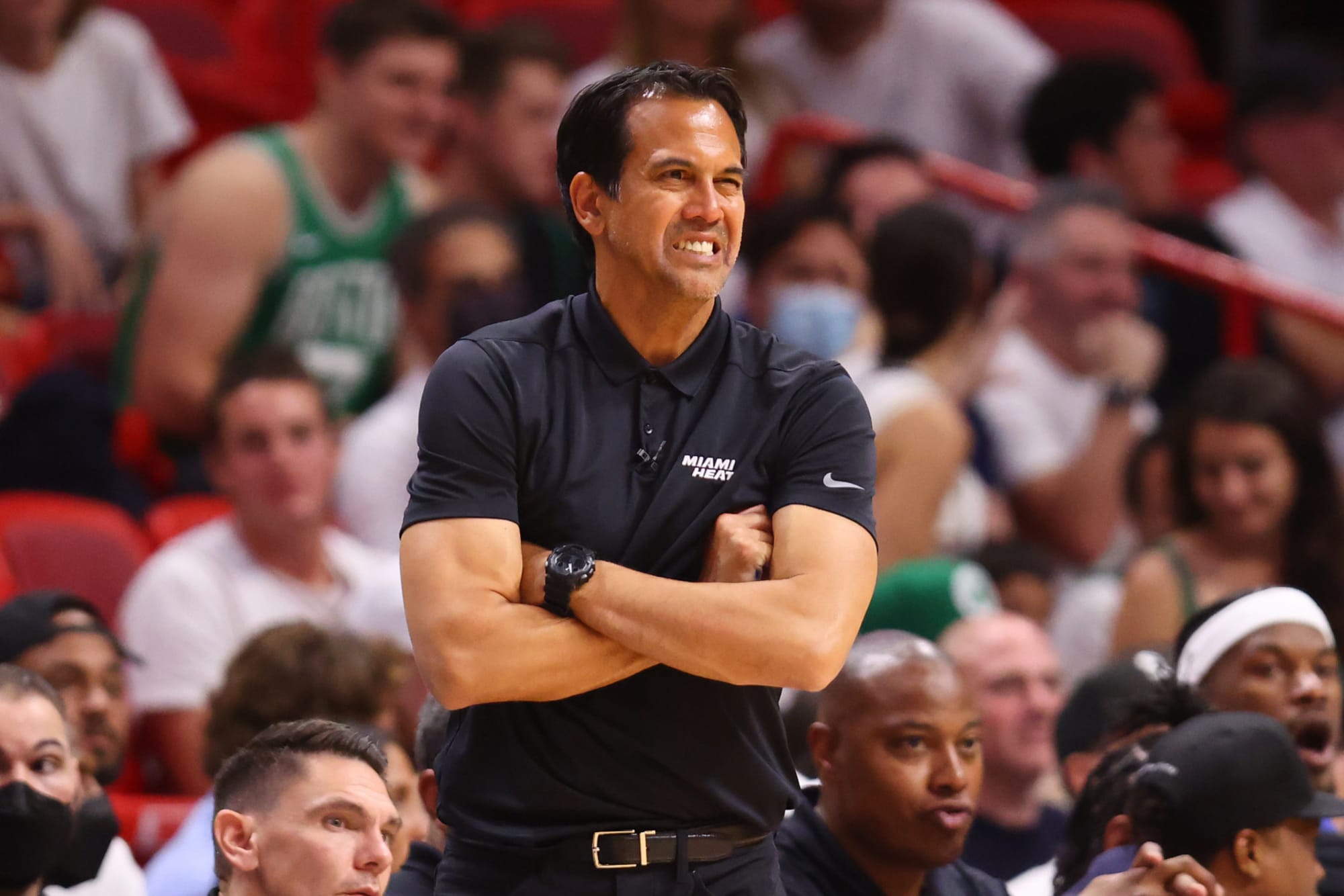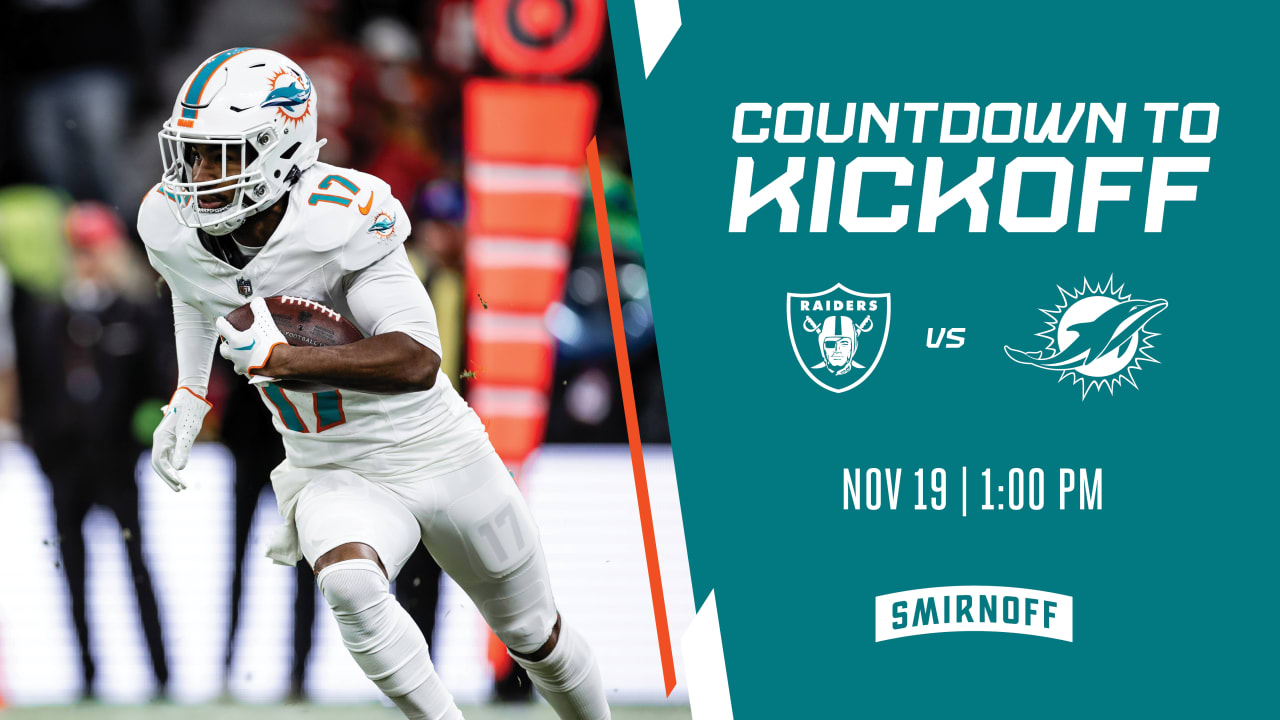Miami-Dade County considers tiny homes to address ongoing housing crisis – NBC 6 South Florida
The lack of affordable housing is being felt more than ever in South Florida.
“People are doubling up with family members or friends, couch surfing and many people, in fact, are ending up on the street,” said Annie Lord with Miami Homes For All.
A year ago, during a housing summit, Miami-Dade Mayor Daniella Levine Cava announced the county was buying buildings to convert them into affordable housing units and not long after, they approved the installation of accessory dwelling units or ADUs in homes with enough yard space.
Yuri Yñigo is the executive director of SteelHomes Modular, one of the companies that participated in the housing summit.
“We’re very happy that the county has started implementing new guidelines to do smaller units in the back of the home and add-ons. And we do have those types of units available,” Yñigo said.
The company builds steel modular homes in their Opa-locka warehouse.
“With light gauge steel, we have all the benefits of sustainability… In addition, we layer the best factor, which is that we are approved as a Category 5 hurricane modular home builder,” Yñigo said.
Because they are built in a controlled environment, without rain delays, for example, they keep costs down.
A 1,400-square-foot house costs about $145,000 without site preparation, delivery, foundation and some finishes. Most of their plans already have state approval, including their cabanas.
When it comes to getting a loan from a bank, Yñigo says it works the same way as buying a traditional home.
“So steel homes, modular build, permanent dwelling homes. So, yes, you’re going to be able to get a traditional loan,” Yñigo said.
In Las Vegas, there is another company looking to meet the demand for affordable housing.
Boxabl sells 20×20-foot tiny homes that are shipped and delivered folded, like a box.
Galiano Tiramani is the founder of Boxabl.
“The current way of building houses just can’t keep up. So, you know, we think by doing the factory, we’ll be able to create enough housing to actually make a difference once we scale up,” Tiramani said.
Although they are currently not approved in Florida, Tirami says he’s interested in our station.
“We actually have a waitlist now with over 170,000 names on it of people that want to buy the Casita product. And a big chunk of those people are actually from Florida,” Tiramani said.
So far, Boxable says they’ve been able to install 200 homes and hope their new factory allows them to ramp up delivery to meet the growing demand of affordable homes across the country.
Back home, the city of Miami is already thinking of testing out a tiny home community like one Tallahassee built to house low-income residents.
“They’re planning to fund 50 tiny homes,” said Ron Book, who is the president of the Miami-Dade County Homeless Trust.
He says city of Miami officials are looking at that community in Tallahassee called the Dwellings to see how well it works and if this really is an option for our area.



